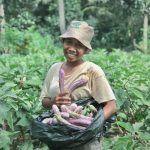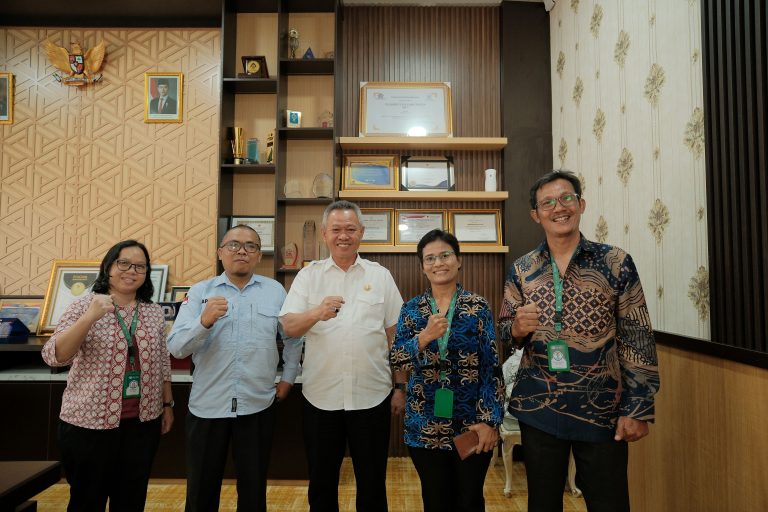On July 14, 2025, ADRA Indonesia held a meeting with the Government of Southwest Papua Province (PBD) through the Fire and Disaster Response and Rescue Service and the Civil Service Police Unit (DKP2B – Satpol PP) in Sorong, Southwest Papua. This meeting aimed to build contingency planning as a response to disasters, particularly in the context of social conflicts that frequently occur in the region.
Contingency planning is a modern modeling approach aimed at providing rapid, accurate, effective, efficient, and accountable disaster responses. This is crucial for implementing the mandate of protecting and sheltering communities affected by disasters. The involvement of various stakeholders, including the government, universities, churchs, and the community, is essential to create an integrated system.
The fourth paragraph of the Preamble to the 1945 Constitution of Indonesia explicitly states the commitment to “protect the entire Indonesian nation,” which is articulated in Law No. 24/2007 on Disaster Management. In this law, Article 33 letter b emphasizes the importance of disaster management during emergency response. The definition of emergency response is provided in Article 1, Paragraph 10, which describes it as a series of activities carried out immediately after a disaster occurs to address the adverse impacts caused.
Government Regulation No. 21 of 2008 on Disaster Management provides more operational guidance regarding emergency response. Article 17, Paragraph 1 states that the Disaster Emergency Response Plan (RPKB) serves as a reference for disaster management in emergency situations. The detailed implementation of emergency response is regulated in Chapter III, which includes regulations on targets, technical, managerial, and administrative aspects.
In 2019, the National Disaster Management Agency (BNPB) issued guidelines for the Disaster Emergency Response Plan (RPKB) as a reference for governments at various levels. This aims to enhance preparedness for potential emergency situations due to disasters.
The Ministry of Home Affairs also issued Regulation of the Minister of Home Affairs No. 101 of 2018 on Technical Standards for Basic Services, which emphasizes that contingency planning is a requirement within the minimum service standards for regional disaster management at the district/city level. This indicates that local governments have a responsibility to ensure the protection of citizens from disaster threats.
Learning from past disaster management experiences, it is evident that the awareness and preparedness of both officials and the community in anticipating disasters still need improvement. Several incidents of social conflict disasters that resulted in loss of life and property damage highlight the need for serious attention and handling. Therefore, collaborative efforts in managing disaster risks due to social conflicts in Southwest Papua are essential.
The meeting was attended directly by the Governor of Southwest Papua, Elisa Kambu. She stated that the preparation of this document is an important step because, until now, Southwest Papua has not had specific guidelines related to handling social conflicts. The Governor emphasized that addressing social conflicts is different from dealing with natural disasters. Social conflicts involve individuals with trauma that require a layered approach, including mental and physical recovery, as well as the provision of supporting facilities. She added that the preparation of this document is also funded by ADRA Indonesia and is expected to become a strategic document that can be used as a reference for districts/cities and the province in formulating integrated conflict management policies.
The development of contingency plan documents (renkon) is a crucial step for local governments and all relevant parties in fulfilling the basic service needs of communities affected by disasters. With a clear and structured plan in place, it is hoped that the community can feel safer and more protected from disaster risks, especially in the context of social conflicts that frequently occur in Southwest Papua.







